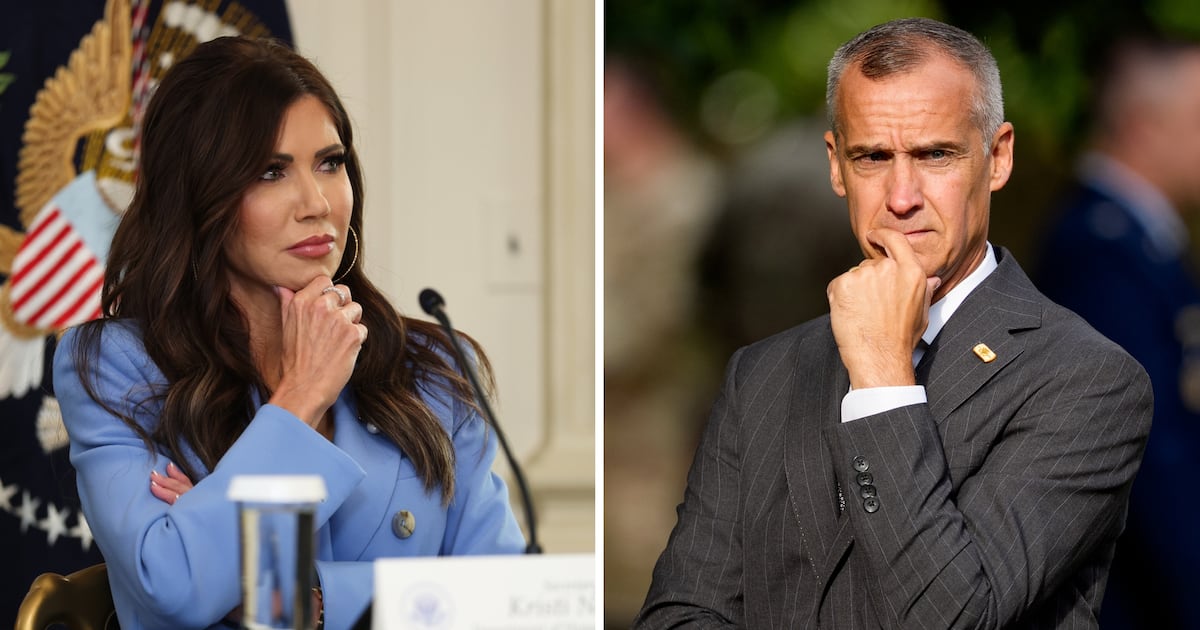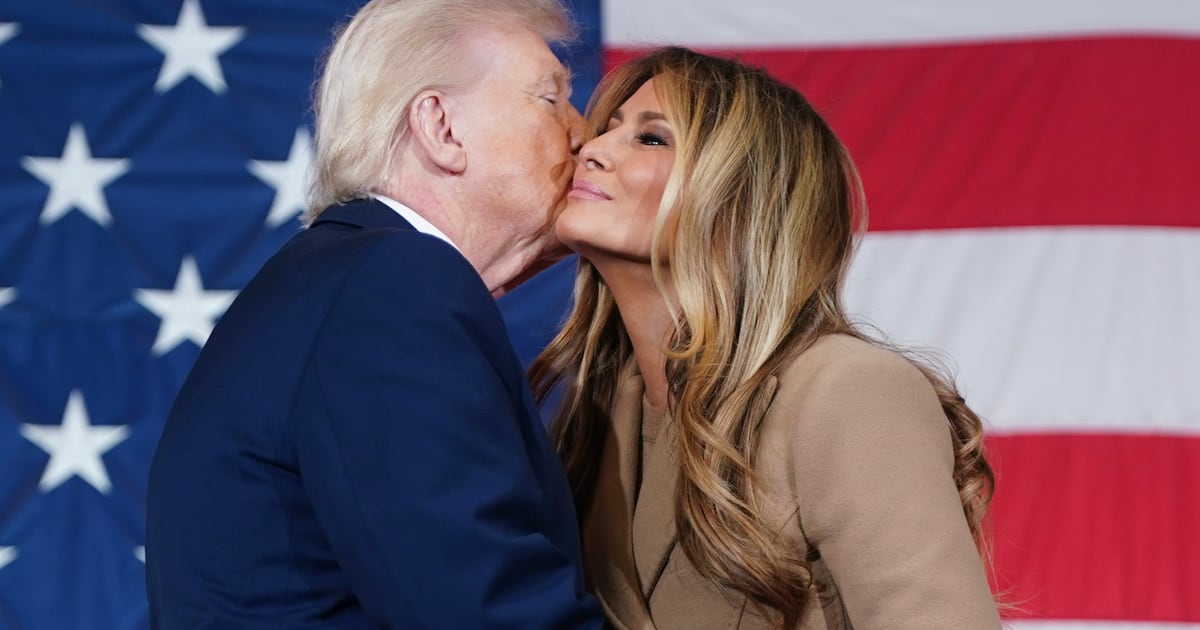Declaring your relationship on Facebook used to be enough to solidify your online bond with a partner.
Not anymore.
Now, couples are forced to navigate the murky waters of Twitter faves, Snapchat streaks, twinstagramming, subgramming, going Instagram official, and more.
While it’s long been expected that good romantic partners will dutifully like and comment on their other half’s best selfies, it’s no longer acceptable to simply throw digital hearts on your partner’s Instagram posts. You must also Story Watch.
Before Snapchat introduced its Stories feature, a personal feed of photos and videos that last for only 24 hours, some partners would white-lie their way through a relationship.
Sure, honey, I saw that great tweet you did. Or, Oh, sorry I just haven’t been on Instagram all day!
But with Snapchat and Instagram Stories, there’s now a clear record of exactly who watched your content and when they did it. Instagram even recently rolled out statuses via Instagram Direct, so you can also see exactly when your partner last opened the app.
These feature changes have led to enhanced expectations around content consumption. It’s now understood by many couples that, to be a truly engaged partner, you need to regularly consume your partner’s content, and most importantly, watch their Stories.
As Alana Levinson wrote in Splinter, “A love interest consuming your content is now as perfunctory as opening a door for a woman once was.”
If you really cared about me, the theory goes, you’d care about what I’m up to. Ergo, watch my Stories.
It’s easy to label people who care about this type of thing as shallow or narcissistic. There will always be those who say they don’t care if the person they date notices them online, and many people genuinely don't.
But writing off the subtle implications of certain user behavior ignores the weight those actions carry for a growing number of people.
For most people, watching their partner’s Instagram Story is a way to show they care. Whether done consciously or unconsciously, it sends the message that you’re interested in what your significant other is thinking and doing.
While social media validation used to come in the form of public expressions of approval like faves, hearts, and likes, now, it’s often distributed more privately—yet just as deliberately—in the form of Story watching.
“I’ve never been in this situation, but I think if I were dating someone who was as into social media as me and they didn’t rabidly consume all of my content, I would definitely be pissed,” said Molly in New York.
Most partners will begin watching each other’s Stories in the courtship phase of the relationship.
Story watching is an effective way to get on someone’s radar without risking a public profession of interest by, say, liking a photo.
Young men and women I spoke to ranging from age 16 to 34 all said they consider Story watching a lightweight form of flirting or expression of interest if done by an available person with whom they have chemistry.
“Consuming someone’s content is absolutely an important part of flirting nowadays, and especially during the beginning stages,” said Levinson, now deputy editor of Mel magazine. “It’s how you signal you’re interested in someone, that you care what they have to say, that you’re curious what they’re up to moment to moment. Even better if you use viewing said content as an excuse to engage or compliment.”
“Stories rather than feed photos dictate real levels of relationship interest,” said Emily, a 27-year-old in Atlanta.
“I carefully curate my IG Stories,” said Taylor, a 26-year-old in New York. She said she gets sad and upset if the man she’s seeing doesn’t watch her Story or skips over it.
“That shit seriously makes me mad. Just be respectful and watch my Story,” she said.
Some said that it’s because young men are so bad at expressing overt interest, that they’re left to decipher digital clues in the form of Story views.
“Many millennial and Gen Z men aren’t outwardly affectionate, so we’re forced to discern the interest level and emotion behind a like or a view,” said Kristin in Los Angeles. “If I’m dating or interested in a guy, I pay close attention to their views of my Instagram Story to gauge their interest.”
“A guy I’m casually seeing right now doesn’t use social media and rarely texts, and it’s entirely thrown off my game,” she added. “It’s like, how do I know if you like me? It’s some Black Mirror millennial courting bullshit.”
Because Story watching is so closely associated with implied interest and caring, it has also become many people’s de facto barometer for gauging the status of a relationship.
While most men and women will watch each other’s Stories religiously through the courting and honeymoon phases, that behavior can wane when one party loses interest.
“A guy I’ve been off and on with forever never watches my Snapchat or Insta Stories unless we’re ‘talking’ again,” said Haley in Washington, D.C. “It’s become this signifier that he’s about to reach out if he starts watching my stuff, and I’ve found myself doing the same kind of thing.”
Some men and women said they knew their relationship was doomed when their partner stopped watching their Stories.
Katie in Baltimore said that even though none of her partner’s other behaviors changed, when the man she was seeing stopped watching her Stories, she knew that he was beginning to lose interest. They broke up shortly thereafter.
Because of the weight Story watching carries, it’s important to be open, honest, and set precedents when entering into a relationship. You can’t go from watching someone’s Stories daily to never clicking without them potentially reading into it.
“If one person uses social media a lot less than the other person, it can be an issue,” said Andrew, a 20-year-old in San Francisco. “Like, you post pictures with them but their profile on Instagram is empty and they never watch your Story.”
Other men and women said they don’t use Instagram Stories for a variety of reasons. Those who haven’t found it to be a major issue say they’ve been open and honest about their usage patterns with partners or they’re in a relationship with someone who also isn’t a heavy user.
One man in his 30s in New York who doesn’t use Instagram said he has gone out of his way to do little things to show his girlfriend he cares, since he isn’t big on distributing online affection.
But for those who care, the weight of a Story watch can also be wielded over others as a power play.
Not consuming someone’s Instagram Story, for instance, can be a way to digitally pull back or reset the dynamic in a relationship. It’s the Instagram equivalent of waiting three days to text back.
Brittany in D.C. said she’s currently dating a man who ignores her content regularly despite being “extremely online.”
“It makes me feel like garbage,” she said. “In our current dating age, it seems insane to play with someone like that just for the power dynamic.”
Yet so many women and men do.
“If you’ve gone out a number of times and want to cool it, you try to not watch their Stories or engage too much,” said Alden, a 32-year-old based in Boston.
“If I’m even semi texting a guy, I will basically stop interacting with his socials because I don’t want to make him cocky,” said Molly.
“I’ve definitely done some passive-aggressive shit in the past where I’ll post pics or vids of me with other guys to see if he saw them, just to keep him on his toes,” said Taylor.
When a relationship ends, it’s often expected that each party will give one another a mutual grace period where you don’t watch or engage with the other’s content, since post-breakup Story watching can feel invasive.
Since Story watching can carry a heavy, if subtle, weight, the new rules are rife with confusion.
After posting about this trend on Facebook, one friend was mortified that he might have inadvertently been flirting by watching his friend’s Stories. I reassured him that there probably wasn’t any confusion unless he was also sliding into their DMs or had some sort of previously flirty interaction.
“This whole thread makes me think I might not be cut out for dating a girl who really likes Instagram,” another friend wrote.
Micah in Baltimore said he had to completely stop checking who viewed his Stories because it used to give him a false idea of who “liked” him, when “really people just probably like the content,” he said.
As Instagram inches toward a billion monthly active users and more people use the platform to meet and date, navigating the implications of different user behaviors can feel like walking through a minefield. Claiming you simply “missed” a person’s post can interpreted as a hurtful slight since it's expected that, by now, most Instagram users know how to train the algorithm or click over to a friend or fling’s profile.
Understandably, there will always be days when one partner is too overwhelmed to check their phone or watch their significant other’s Story. But remaining aware of the significance behind even the smallest digital interactions is an important safeguard and critical for avoiding inadvertent miscommunication.
Unlike Instagram likes, Story views are private. For the most part, people aren’t looking for views because they want to reach some social media vanity metric, they just want to know someone cares.
In other words, if you truly love someone, suck it up and consume their content.
Ashley, a 35-year-old in D.C., said she her husband still have disagreements about Instagram even after getting married.
“I treat my Instagram as an extension of my personality,” she said, “and it’s filled with things that are important to me. If he doesn’t engage with something I’ve posted, it makes me feel like he doesn’t like me.”






